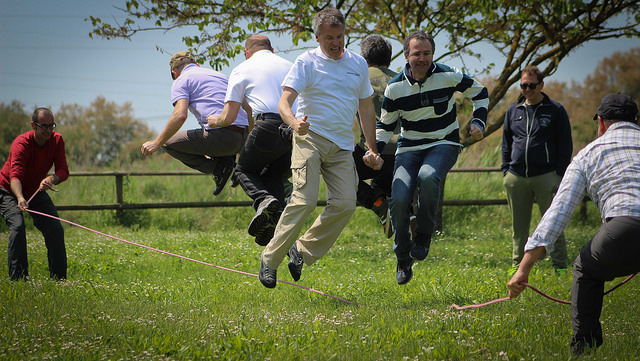
Things you need to stop doing to be more productive
Is working harder always the right path to success? Writing in Medium, e-commerce and digital marketing strategist CamMi Pham argues that “[The] key to success is not hard working but smart working.”
How can we work smarter? Drawing on a range of research, Pham lists seven things that we should stop doing to become more productive:
1. Stop working overtime and increase your productivity
A number of studies show that the more you work, the less effective and productive you are going to be over both the short and long term. Part of this is due to a lack of sleep, with the cognitive degradation from not enough sleep being similar to the effects of drinking large quantities of alcohol. Pham advises that: “It’s important for us not to overwork ourselves and get enough sleep to maintain a high level of productivity.”
2. Don’t say “yes” too often
The Pareto principle states that, for many events, around 80% of the effects come from 20% of the causes. Because of this, Pham advises that we should stop saying “yes” to tasks that bring little or no result. Acknowledging that this can be easier said that done, with nobody wanting to be the bad guy, she suggests changing our language, for example saying “I don’t” to avoid saying yes rather than “I can’t”. Another trick Pham recommends is the 20-second rule.
3. Stop doing everything yourself and start letting people help you
Rather than doing everything ourselves and burning out, Pham recommends harnessing the power of our communities. For people working in marketing, she advises that “Being a great content marketer is not about creating the best content, but building a great community that will generate high-quality content for you.” In my own experience, this approach also works well in other professional fields that involve community engagement.
4. Stop being a perfectionist
The problems associated with being a perfectionist include spending more time than required on a task, procrastinating and waiting for the perfect moment, and missing the big picture while focusing too much on the small things. Pham alerts that “Marketers often wait for the perfect moment. In doing so, they end up missing it. The perfect moment is NOW.”
5. Stop doing repetitive tasks and start automating them
Research shows that eliminating repetitive tasks significantly increases productivity, so Pham advises that if you need to do something repetitively (which she defines as being more than five times), find or write a program to do it. She states that “You don’t have to be a coder to able to automate your repetitive tasks. It’s nice to have the skills or the resources, but it’s not a requirement. If you cannot build it, buy it.”
6. Stop guessing and start backing up your decisions with data
This one is music to RealKM Magazine’s evidence-based knowledge management ears. Pham advises “There are so many research studies out there that can provide answers in a range of areas … Keep asking yourself how you’re going to measure and optimize everything you do.”
7. Stop working, and have do-nothing time
Pham warns that focusing too heavily on our work isn’t healthy or productive. She advises that walking away from our work occasionally and taking some alone time is good for our brain and spirit: “It‘s important for us to take time for reflection. We often find the solutions when we’re not searching for them.”
Also published on Medium.






